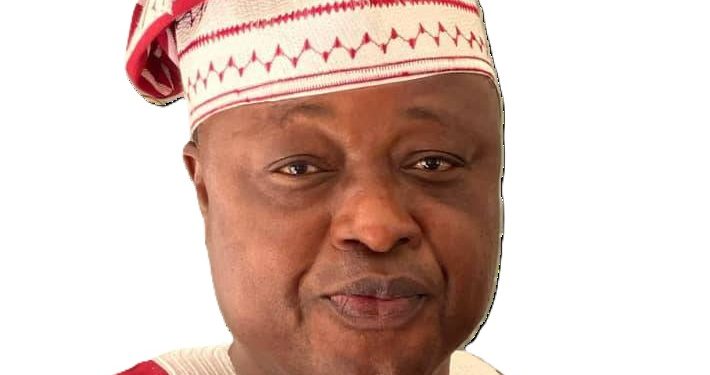By Hassan Osman Kargbo
The Political Parties Regulation Commission (PPRC) in Sierra Leone has officially commenced hearings on a complaint filed by Former Vice President Alhaji Sam Sumana against the All People’s Congress (APC) Party.
The complaint, brought before the Commission challenges a clause in the APC’s Constitution that, according to Sam Sumana, is discriminatory and in conflict with the provisions of the 1991 Constitution of Sierra Leone.
Alhaji Sumana, who served as the country’s Vice President, is petitioning the party to amend its Constitution, arguing that the provision unjustly disqualifies him and others from contesting for leadership positions within the APC. He maintains that the clause violates the national constitution, which guarantees every citizen the right to participate fully in political and public life.
During the hearing, Sumana emphasized that the clause undermines fundamental democratic principles and limits political inclusivity within the party. He argued that all Sierra Leoneans, regardless of previous political affiliations or positions held, should have equal opportunities to engage in leadership and decision-making processes within political organizations.
The matter raises important questions about party governance and the alignment of internal political rules with the country’s overarching legal framework. Legal experts note that the hearing could set a precedent for how political parties in Sierra Leone review and amend their constitutions to ensure compliance with national laws and democratic norms.
The PPRC, responsible for regulating political parties and ensuring adherence to the law, is expected to hear submissions from both parties, including representatives of the APC, in the coming days. The Commission will assess the legal validity of the clause and determine whether amendments are necessary to align the party’s constitution with the 1991 Constitution of Sierra Leone.
Observers have described the proceedings as a crucial step in promoting political accountability and protecting citizens’ constitutional rights within party structures. The case has attracted national attention, reflecting broader concerns about fairness, inclusion, and transparency in Sierra Leone’s political landscape.
The hearing is ongoing, and the PPRC has not yet announced a timeline for a final decision. Both legal analysts and political commentators are closely following the case, noting that its outcome could influence internal governance practices of all political parties in the country.
Alhaji Sumana’s complaint underscores the importance of ensuring that party rules do not infringe on citizens’ constitutional rights, reinforcing the principle that political participation must remain open, fair, and democratic.













